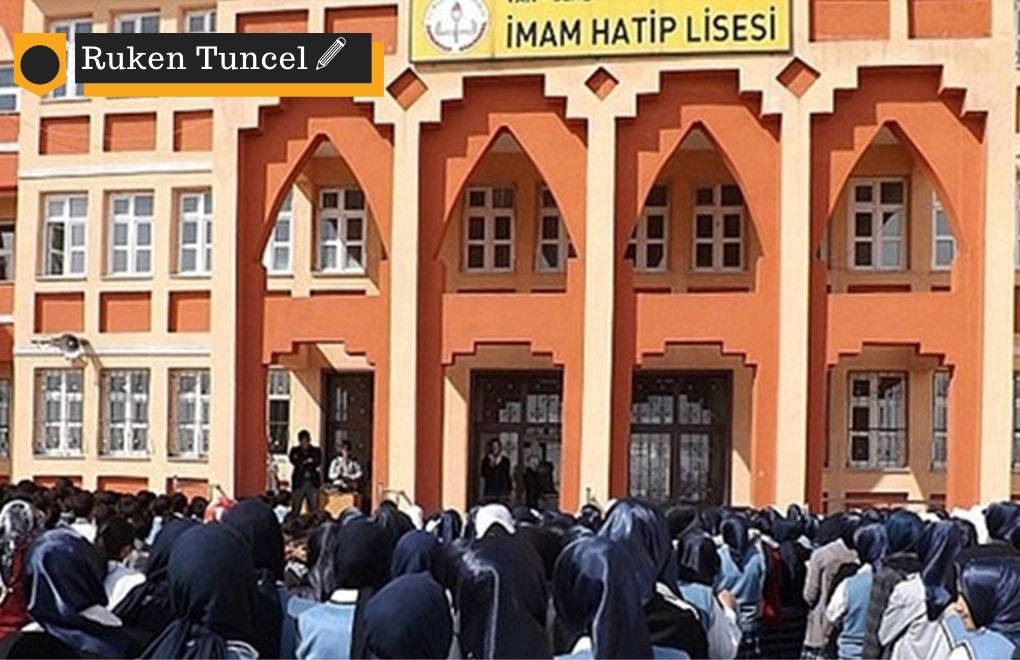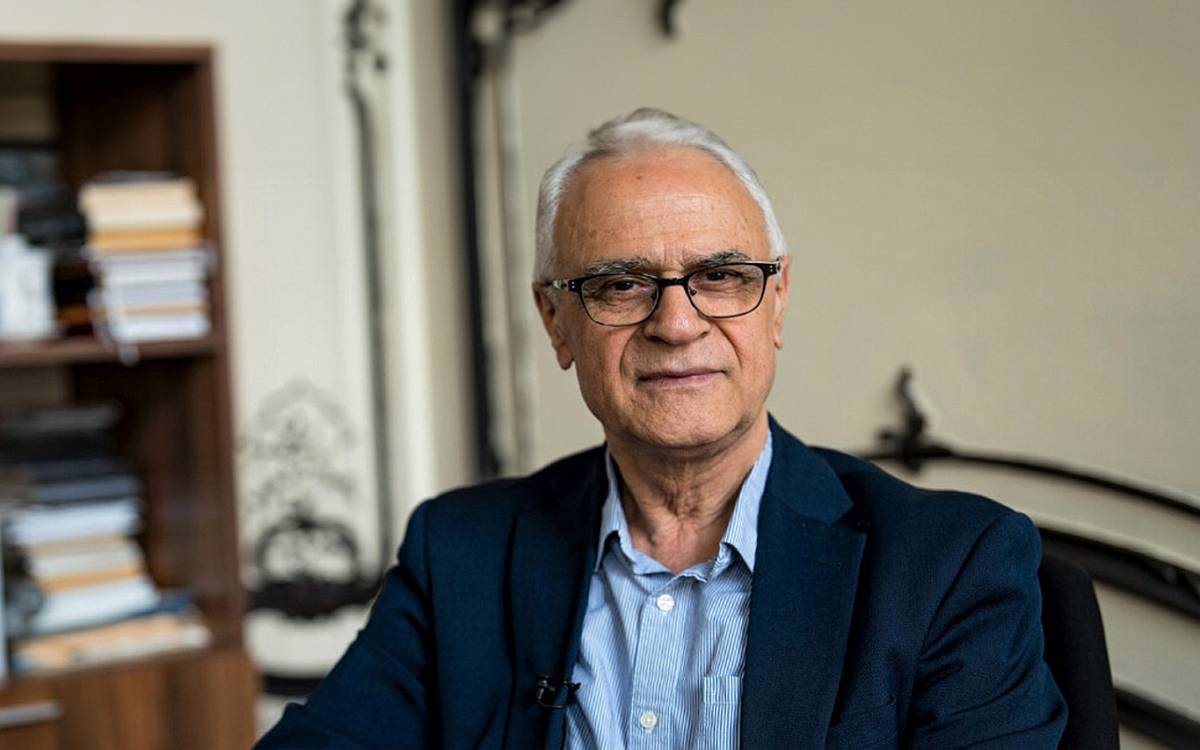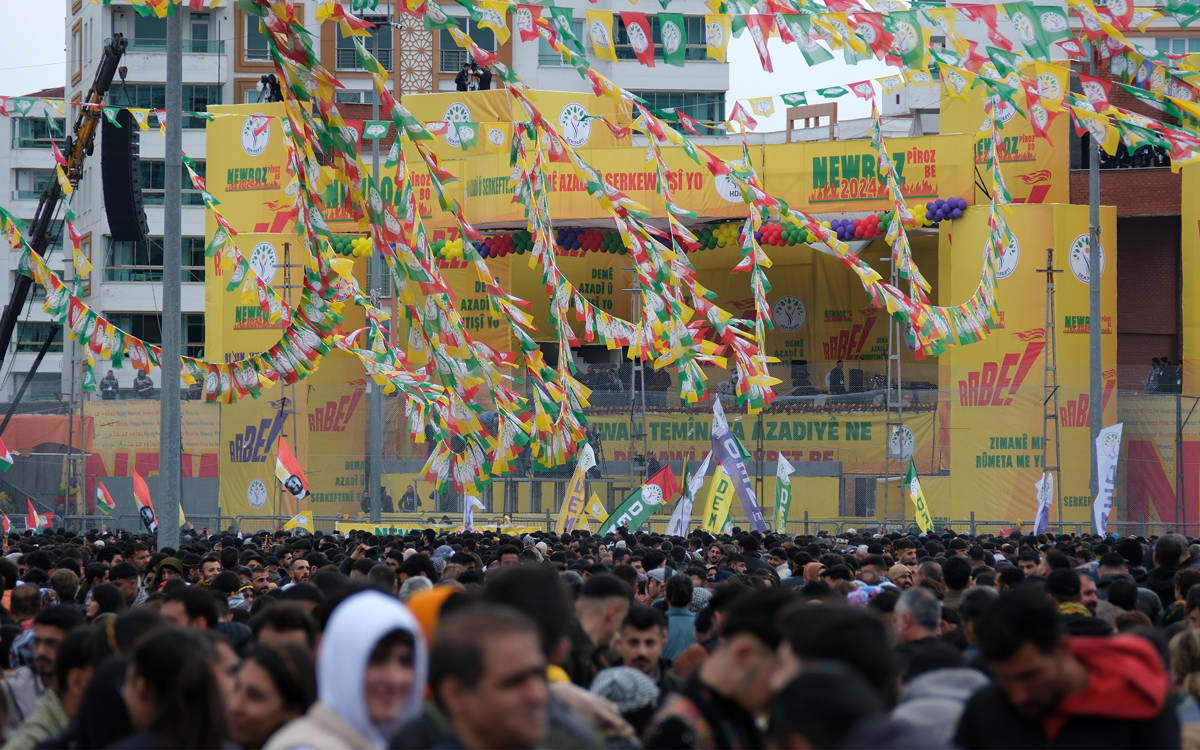Click to read the article in Turkish
President and ruling Justice and Development Party (AKP) Chair Recep Tayyip Erdoğan sent a message to the 17th Convention of Imam Hatips on September 12, the 40th anniversary of the military coup, and said that though putschists attempted to shut down Islamic vocational highs schools, or "imam hatips" as commonly known in Turkey, these schools "are standing tall despite all humiliations, insults, pressures and bans."
According to Erdoğan, these religious high schools have become prestigious educational institutions. However, the success of their students has recently been a matter of debate in the country.
The results of this year's university entrance exam has aggravated this debate even further. While 183 thousand 432 of 657 thousand 416 (27.9 percent) Anatolian high school graduates have qualified for a formal BA education in university, 23 thousand 858 of 48 thousand 258 (48.6 percent) science high school graduates have qualified to do so.
Of 238 thousand 391 imam hatip graduates, 39 thousand 127 people have qualified for a formal BA education in university.
Another evaluation of the success of these schools came from the PISA, or the OECD's Programme for International Student Assessment.
In its 2019 report, the programme noted that when it came to "differences of achievement between regions and schools," Anatolian high schools students ranked better than Anatolian imam hatip high schools and other occupational and technical Anatolian high schools.
'They are the most visible face of the regime'
We have spoken with Education and Science Laborers Union (Eğitim-Sen) Secretary for Education Özgür Bozdoğan regarding the reasons why these Islamic vocational high schools still achieve low levels of success despite all types of incentives, scholarships and investments.
Bozdoğan has noted that both the ruling party and the Ministry of National Education attribute political meanings to these schools.
"One of the most important reasons for the failure of imam hatip schools is the meaning attributed to them. The ruling party expects the students of these schools to constitute the political mass that will ensure the continuity of its own existence," he has underlined.
Bozdoğan has also noted, "A school positioned for the continuity of the ruling party... And when we take it together with the 2023 goals, one of the indicators of the ruling party's continuity is the number of students going to the imam hatip schools. These schools are the places where the new regime that is attempted to be established is the most visible."
'Their problem is structural'
Bozdoğan has underlined that imam hatip schools have structural problems, which affects the success of their students:
"The relatively low levels of imam hatip schools' success in sending their graduates to university are related to their organization and nature.
"So, even when you ensure that the curricula of these schools are the same as those in Anatolian and science high schools, even when you add the words Anatolian, Science, Social Science to their names and place students with high marks to these schools, there occurs no increase in the rate of imam hatip graduates who qualify for higher education institutions.
'They are led to not ask questions'
"Because there exists no education life in these schools that would encourage children to be academically sceptical or promote their academic interests. If you strengthen the academic side of a child, he or she will have a higher tendency to solve problems.
"But if you constantly lead the child to obey, to not ask questions, to accept what is as it is and to reject all else, if you instill such a system of thought, the academic capability of the child will not improve.
'Academic success will not come with religion lessons'
"That is, when you give the child religion-based lessons rather than academic ones and thereby lead them to the ethereal realm, it is not possible to expect that he or she will be successful in an exam that measures academic performance. These two can hardly coexist. These results come out despite all types of incentives and support. The support that is not given to other schools is given to imam hatips.
"In no place in Turkey has there been a Secondary Education Directorate General that launched a campaign, urging parents to bring their children to Anatolian high schools or science high schools. But, in almost every province, the Directorates of National Education launched campaigns calling on parents to send their children to imam hatip schools.
'There is no problem with students' aptitude'
"There is no problem with the students of imam hatips or their aptitude and skills. The success of a student depends on how you raise him or her and how you contribute to the development of his or her skills.
"The problem arises from the ways in which these schools are structured and what functions have been attributed to them. If you give education to the same children in another type of school, much higher levels of academic achievement will be obtained.
"If the same curriculum is taught, the same teachers give education and such results are obtained from the same assessment and evaluation tools, then there is a need to take a closer look at how these schools are structured." (RT/SD)










